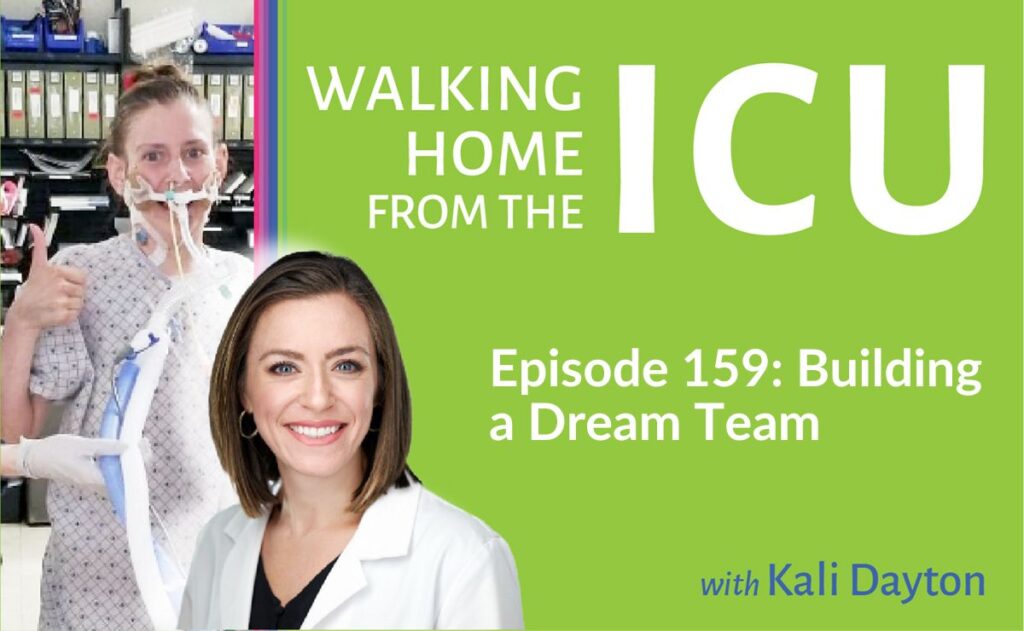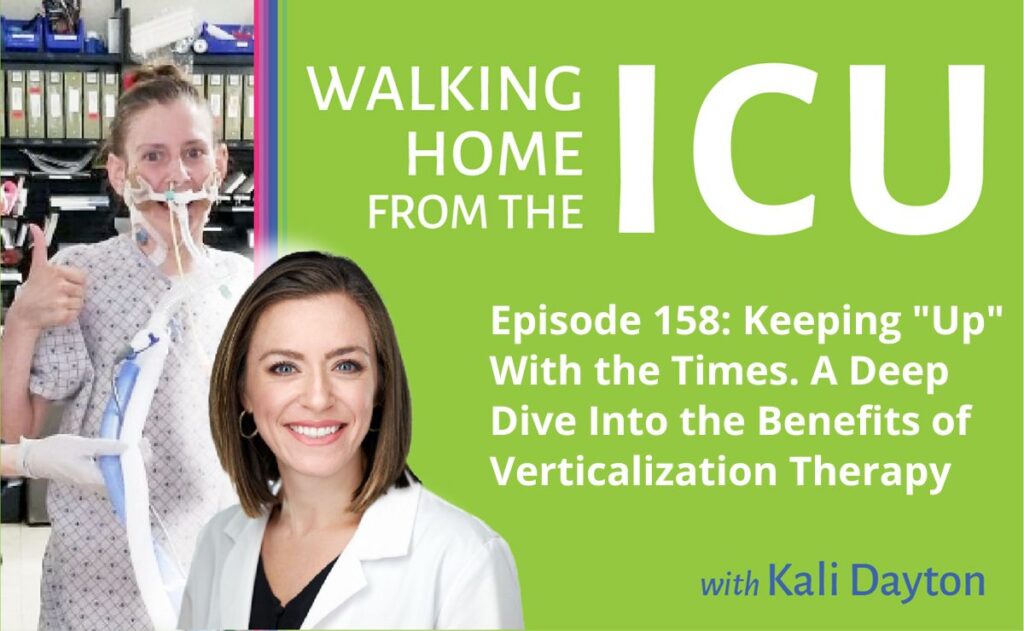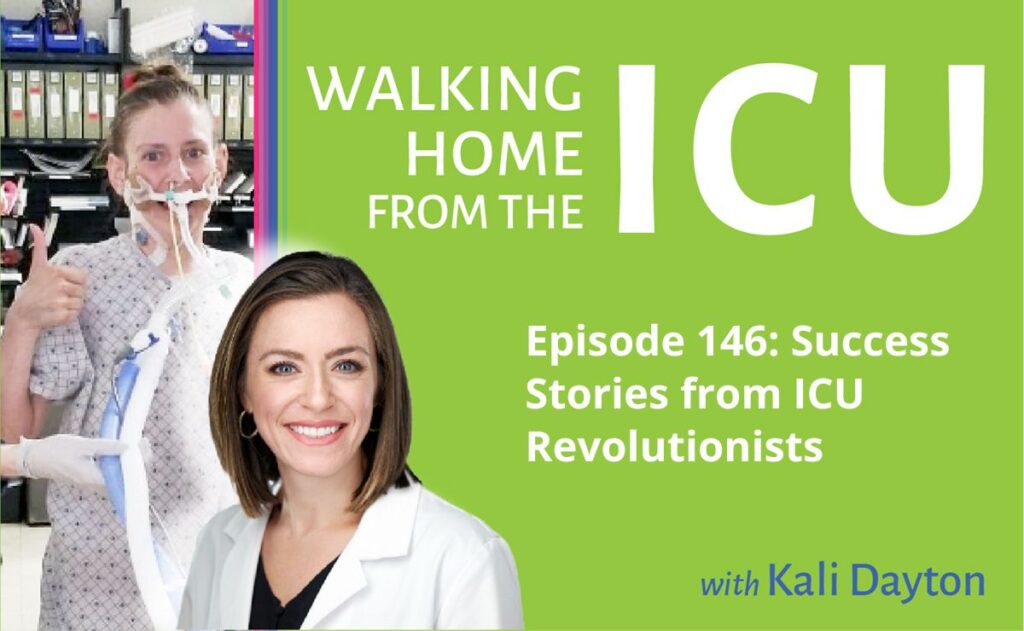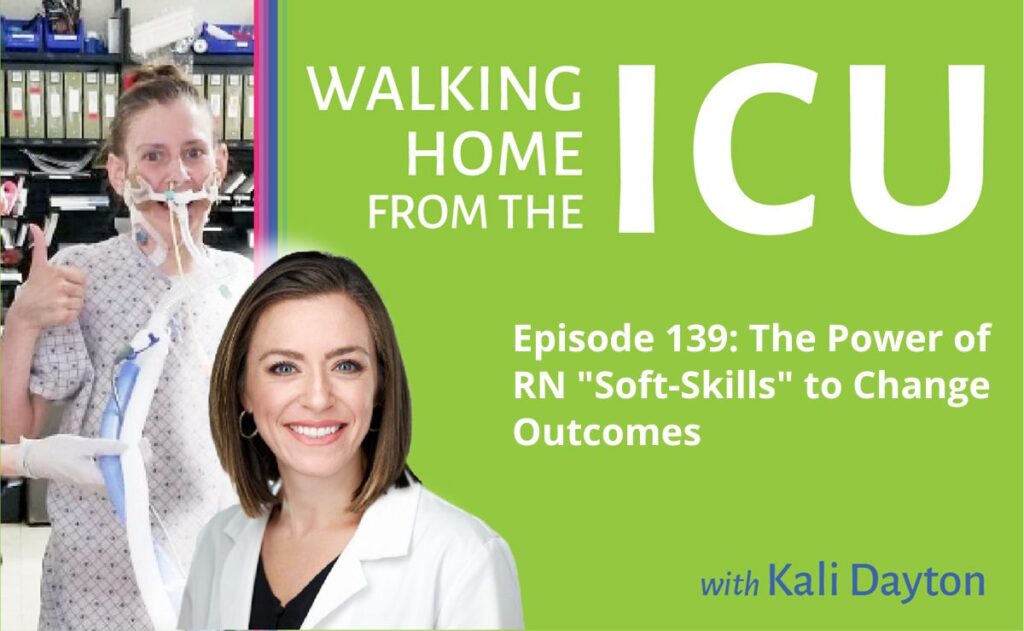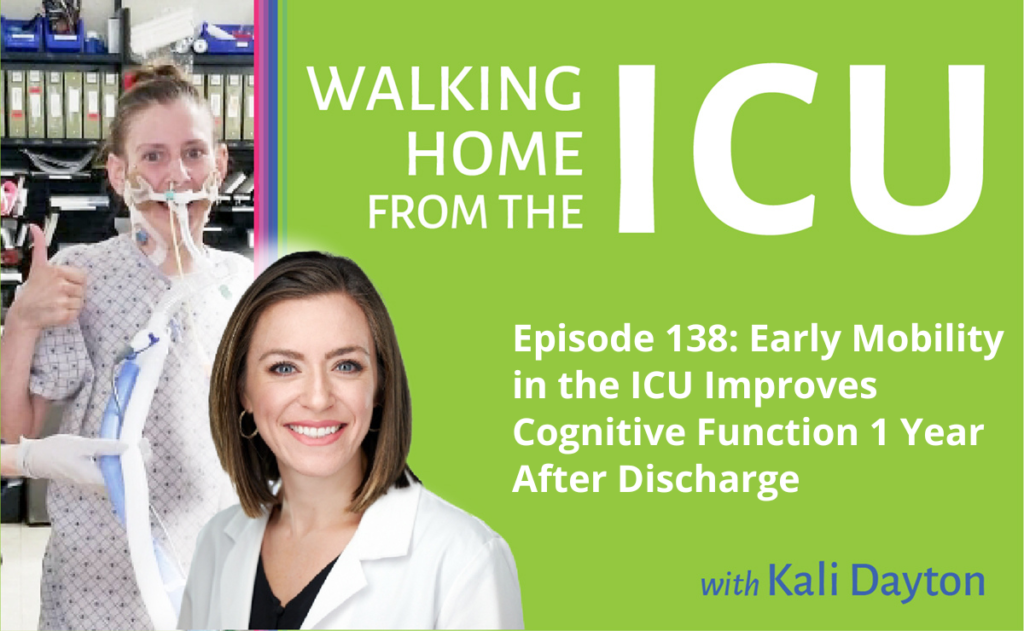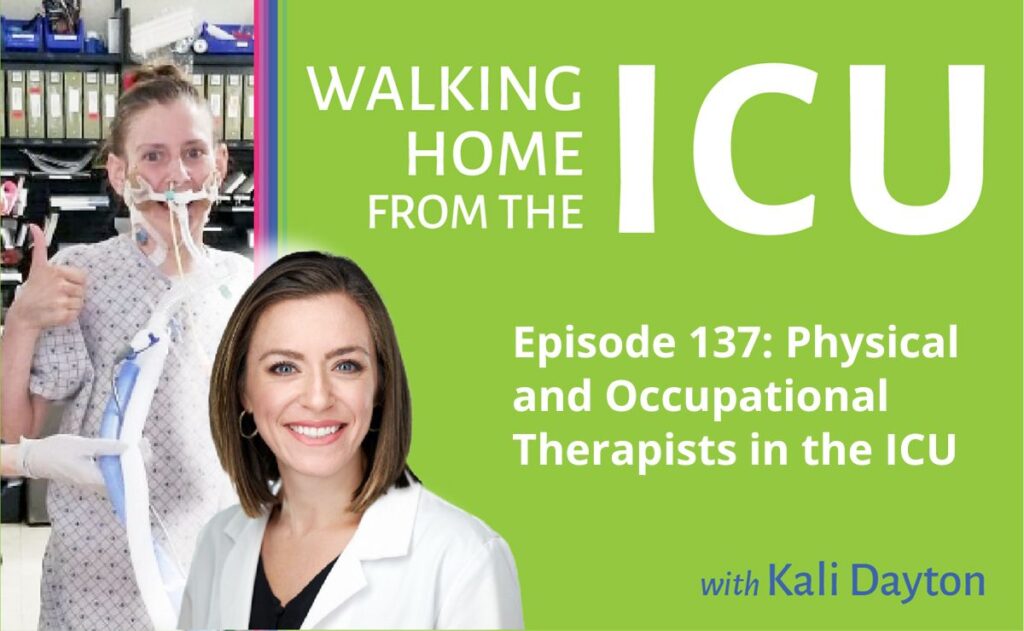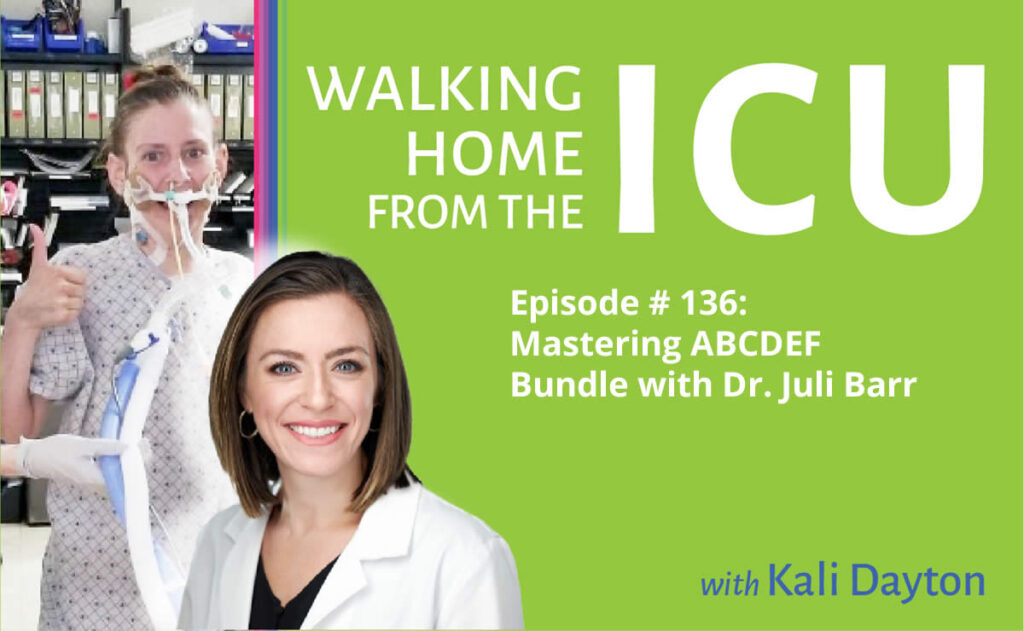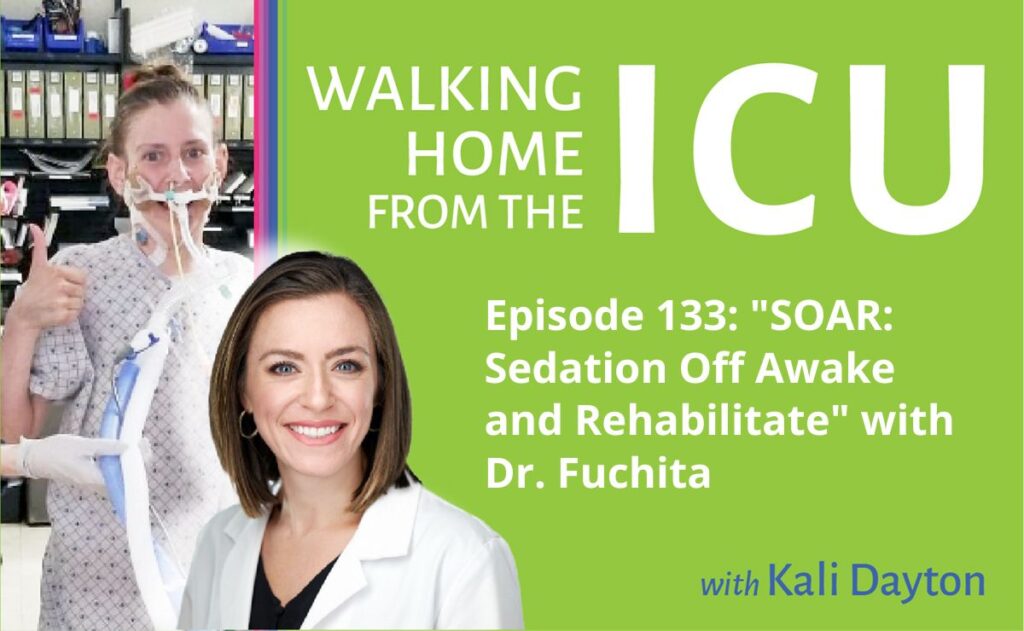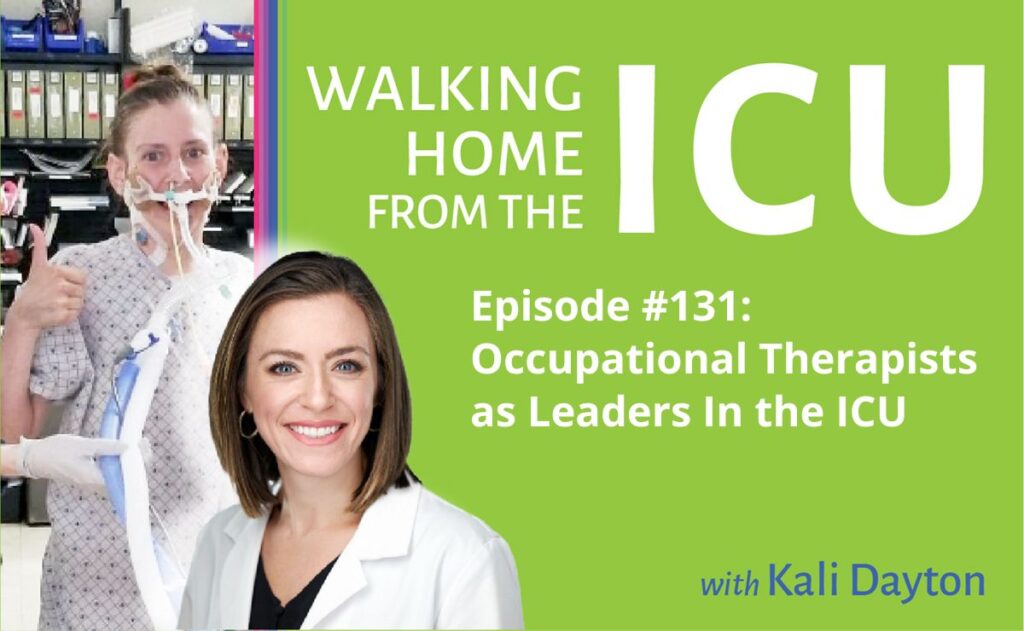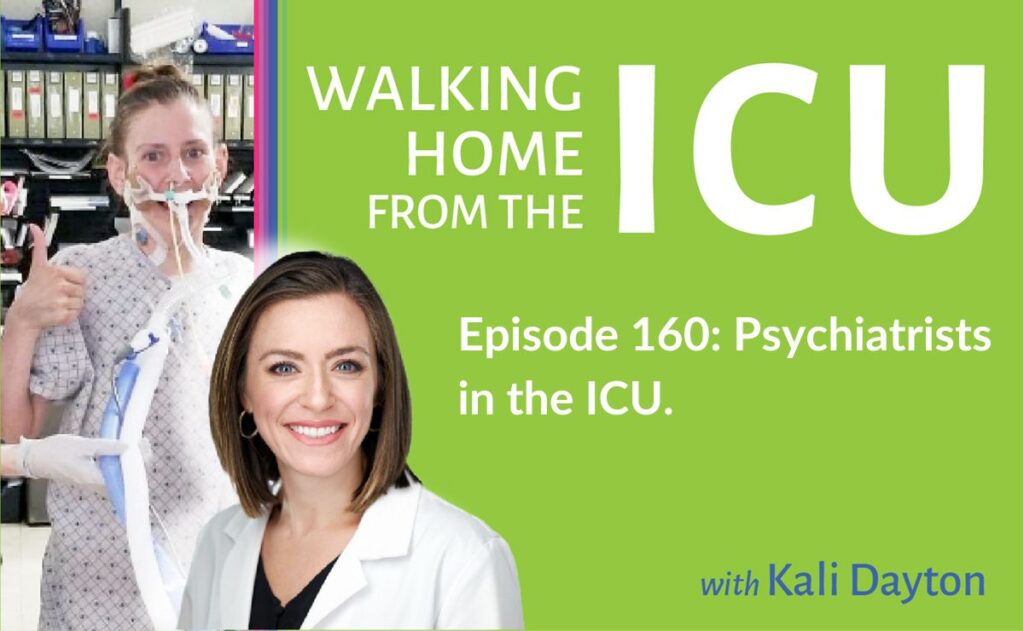
Walking Home From The ICU Episode 160: Psychiatrists in the ICU
How can inpatient psychiatrists help ICU teams prevent and treat delirium? How can their expertise help ICU teams minimize sedation, prevent trauma, and treat the psychiatric needs of ICU patients? Dr. Marie Rueve shares with us the role psychiatrists can play in transforming patient care and outcomes in the ICU. Episode Transcription Kali Dayton
Learn More > from Walking Home From The ICU Episode 160: Psychiatrists in the ICU
